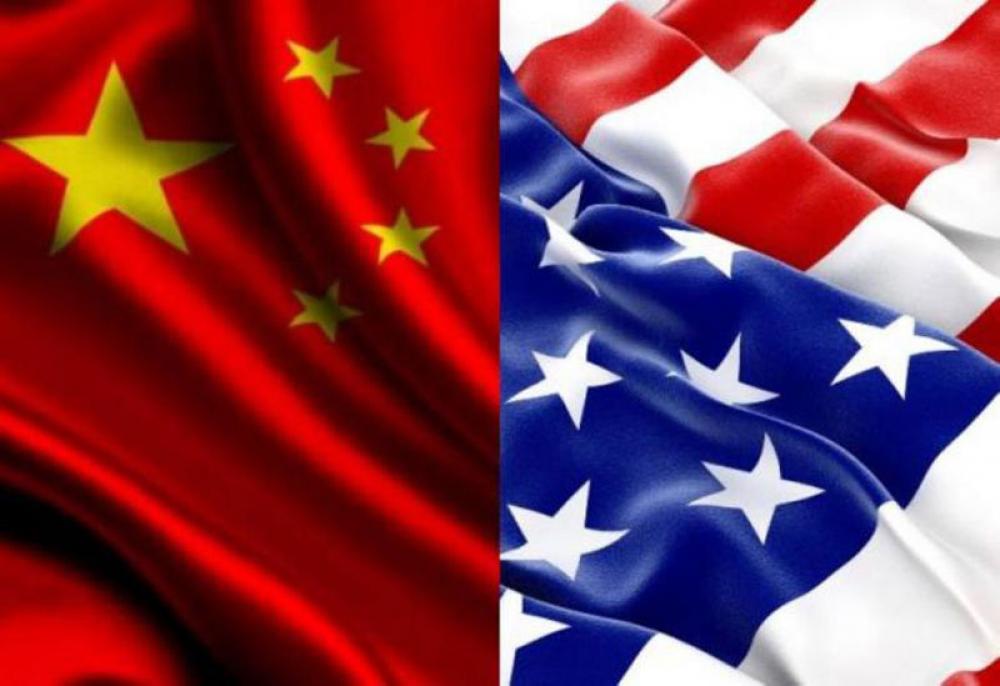Just Earth News | @justearthnews | 03 Dec 2020, 11:30 pm Print
 Xinjiang
Xinjiang Washington: The US government has said it will block cotton imports from forced labour camps in China's Xinjiang region where millions of Uyghur Muslims are persecuted.
US Customs and Border Protection will detain shipments containing cotton and cotton products originating from the Xinjiang Production and Construction Corps, a major cotton producer in the region, which is home to about 11 million Uyghurs, a predominantly Muslim ethnic minority, reports CNN.
The move comes as the agency continues to ramp up its efforts to stop goods made with forced labor from entering the US market. This is the sixth recent order blocking such products from China's Xinjiang region and marks an escalation in the scope of the restrictions, the American news channel reported.
"The 'made in China' label is not just about the country of origin. It's a warning label," Ken Cuccinelli, the Department of Homeland Security senior official performing the duties of the deputy secretary, said during a news conference to CNN.
"Those cheap cotton goods you may be buying for family and friends during the season of giving, if coming from China, may have been made by slave labor in some of the most egregious human rights violations existing today," Ken Cuccinelli said.
Reports say that Beijing has detained more than one million people from Xinjiang in recent years, citing security risks. Thousands of children have been separated from their parents and women have been forcibly subjected to methods of birth control.
China maintains that the people interned at these sites are given job training and education which it is necessary to keep them away from terrorism and counter the secessionist forces in the region.
- Coding at risk? Anthropic CEO Dario Amodei says human-centric roles may last longer
- Amazon’s mega office in Bengaluru is here. See all details
- Why is Nissan recalling 640000 vehicles? Check all details
- Microsoft appoints Asha Sharma as Gaming CEO. Who is she?
- Is your screen job about to vanish? Top AI expert warns that the shift has already begun





-1763561110.jpg)
